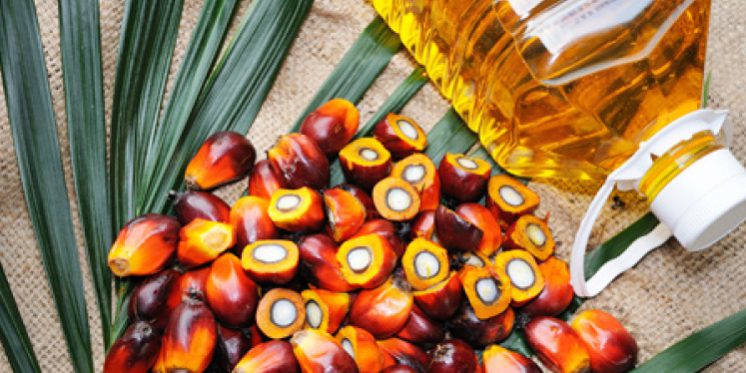Fitch Ratings-Singapore/Jakarta-08 December 2020: The revision in Indonesia’s export levy structure should support Indonesia’s biodiesel consumption growth in 2021 by boosting collections to fund the subsidy burden, Fitch Ratings says. This will also support crude palm oil (CPO) prices, and the Malaysian benchmark should average higher than our assumption of USD560/tonne (t) in 2021. However, we see some risk of a reversion to the present structure based on past changes, and maintain our price assumption and worsening sector outlook in 2021. We will update our view in the next few months once clarity emerges on the stability of the latest levy structure and Indonesia’s biodiesel targets. Fitch will also monitor any changes to the export duty structure in Malaysia following Indonesia’s move.
Indonesia will apply progressive export levies on palm oil exports from 10 December 2020. Under the new structure, CPO will attract an export levy of USD55/t until government-determined reference prices are at or below USD670/t. Thereafter, levies will increase for every USD25/t increase in the reference CPO price, starting with USD5/t for the price band of USD670-695/t, and by USD15/t thereafter. The reference price set for December 2020 is USD871/t, and therefore exporters will have to pay an export levy of USD180/t under the new structure. The new system thus represents a significant increase from the current flat levy of USD55/t.
Apart from CPO, export levies on other palm oil products will also be progressively raised. However, levies on refined products start at a lower rate than CPO and will remain lower. In addition to the export levies, Indonesia will continue to impose an export tax on palm oil products, starting at USD3/t when the reference CPO price is over USD750/t and increasing with price thereafter. The applicable export tax at the current reference price is USD33/t.
The export levies were introduced in 2015 to raise revenue from palm oil exports and Indonesia has tinkered with the structure in the past two years in response to CPO prices. The export tax structure, however, has remained unchanged. In December 2018, the government allowed exporters to pay zero levy on CPO at a time when prices were below USD570/t while imposing a maximum of USD50/t if prices improved to above USD619/t. The structure was changed again in June 2020 when the government raised the levy to USD55/t while removing price thresholds. These changes indicate some risk that the regulations may be amended further.
Increased export levies should support Indonesia’s efforts to boost blending and consumption of biodiesel, made from CPO, despite being much more expensive than regular diesel. The Oil Palm Plantation Fund Management Agency (known as BPDPKS in Bahasa) subsidises biodiesel producers to compensate for the price differential between biodiesel and diesel, which has swelled over the past year, using collections from export levies and tax. We had highlighted the risk to Indonesia’s 2021 biodiesel volumes due to rapid depletion of the subsidy fund this year and indicated that higher export levies could be an alternative. We think the new levy structure will reduce the risk to a significant degree, if left unchanged.
Our price assumption of USD560/t for the Malaysian CPO benchmark for 2021 incorporates our expectations of a significant rise in output, due to improved weather conditions and fertiliser application, and the risk of lower biodiesel use in Indonesia. Increasing biodiesel use in Indonesia has been a key driver of growth in global palm oil demand in the past three years, and we estimate Indonesian biodiesel blending was around 8% of global consumption in 2019. Risks to global CPO demand will abate if the new levy structure is sustained and Indonesia’s biodiesel consumption grows. In that case, we see a likelihood of the average benchmark price in 2021 being higher at around USD650/t, despite a decline in price over the course of the year as output picks up.
The increase in Indonesia’s export levies and the resultant boost to benchmark CPO prices should benefit Malaysian producers such as Sime Darby Plantation Berhad (BBB/Negative) more than Indonesian palm oil companies in general, as higher levies will trim the benefit from better prices. However, the impact of levies should be largely negated for companies such as PT Tunas Baru Lampung Tbk (B+/Negative) and Golden Agri-Resources Ltd. which also produce biodiesel, due to an improved sales outlook.
Source: Financeratings.com










